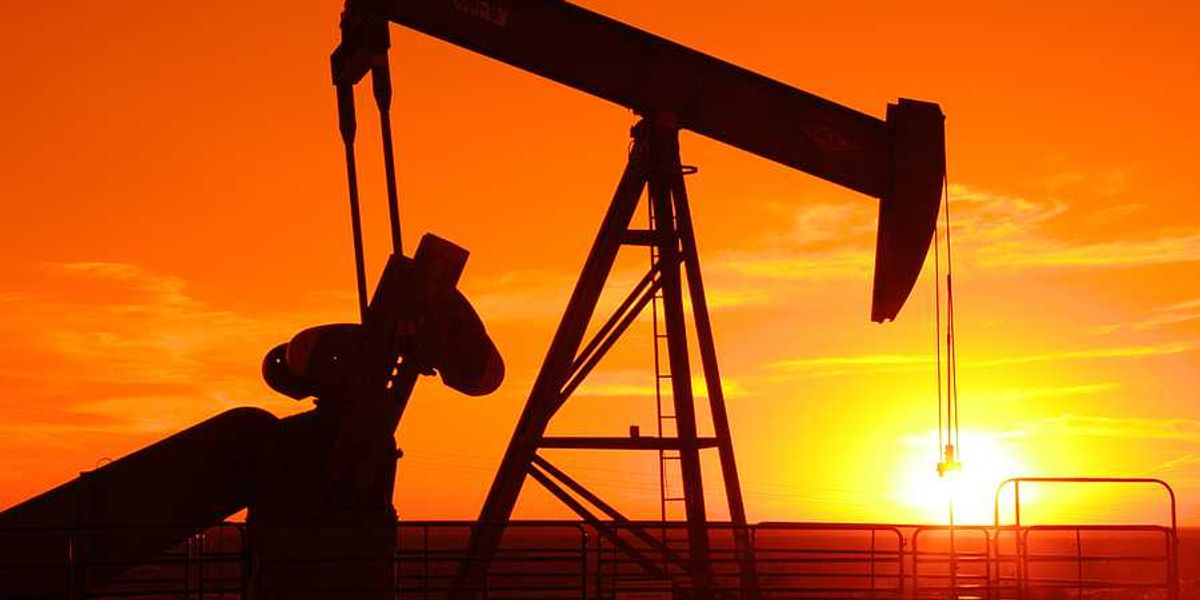oil production
US oil production hits record levels while jobs decline
Despite record oil and gas production in the U.S., job opportunities in the sector continue to decline due to increased efficiency and technological advancements.
In short:
- Oil production in the U.S. has reached an all-time high, with the country averaging 13.4 million barrels a day, yet employment in the oil and gas fields has decreased by nearly 20% from pre-pandemic levels.
- Technological innovations such as automated rigs and remote drilling have reduced the need for workers, leading to a more streamlined but smaller workforce.
- While job growth has slowed, the oil and gas industry continues to support related jobs in refineries, infrastructure and supply chains, contributing significantly to local economies.
Key quote:
“You just need fewer workers to produce more oil. When you need less workers, that’s a sign of growth. On the other hand, these are real people losing their jobs.”
— Greg Upton, executive director of Louisiana State University’s Center for Energy Studies
Why this matters:
The decline in oil and gas jobs amid rising production highlights a shift toward greater efficiency, which could affect employment in energy-dependent regions. As technology evolves, the industry may see further job reductions, impacting economic stability in key areas reliant on fossil fuel production.
Related EHN coverage:
Kern County's new bet: Carbon removal industry as a lifeline
In California's Kern County, a bold shift from traditional oil production to carbon removal projects is seen as a potential economic savior and a step toward meeting the state's climate goals.
Emma Foehringer Merchant, Inside Climate News, and Joshua Yeager, KVPR
In short:
- Kern County, historically reliant on oil, is pivoting to carbon capture and storage to combat economic and climate challenges.
- The county's plan includes potentially transformative projects, but faces environmental and community concerns.
- This strategic shift aims to align with California's ambitious target of removing 100 million metric tons of carbon by 2045.
Key quote:
"It’s existential. What is this place going to look like in 30 years? What’s it going to look like in five?"
— Lorelei Oviatt, Kern County's director of planning and natural resources.
Visit EHN's energy section for more top news about energy, climate and health.
Why is the U.S. producing more oil than ever?
US oil production hits all-time high, hindering efforts to combat greenhouse gases
Associated Press writer Seth Borenstein reports that United States domestic oil production has hit an all-time high, conflicting with U.S. and international actions to reduce carbon emissions.
In a nutshell:
In the first week of October, U.S. domestic oil production reached an unprecedented high of 13.2 million barrels per day, surpassing the previous record set in 2020. This surge in production contradicts work by the Biden administration and global leaders to reduce carbon emissions. While it contradicts Republican claims of a "war on American energy," the U.S. is not alone in this trend: Countries like Norway, Australia, the United Kingdom and Canada also increasing fossil fuel production.
Key quote:
“Continuing to expand oil and gas production is hypocritical and not at all consistent with the global call to phase down fossil fuels,” said climate scientist Bill Hare, CEO of Climate Analytics which helps track global actions and policies to curb climate change. “The U.S. support for expanded fossil fuel production will undermine global efforts to reduce emissions.”
The big picture:
Increased drilling and production can lead to air and water pollution, resulting in respiratory issues and other health problems for nearby communities. The extraction process can disrupt ecosystems and harm biodiversity, indirectly impacting human well-being. The release of greenhouse gases from oil and gas activities exacerbates climate change, which in turn has far-reaching health consequences, including heat-related illnesses, extreme weather events and the spread of infectious diseases.
Read the full story at the Associated Press.
Earlier this year, Ruth Greenspan Bell wrote for EHN that the Biden administration's decision to allow Arctic oil drilling at the same time it pursues the most climate-friendly agenda of any American president was met with outrage. How can this conflict in priorities be explained?









